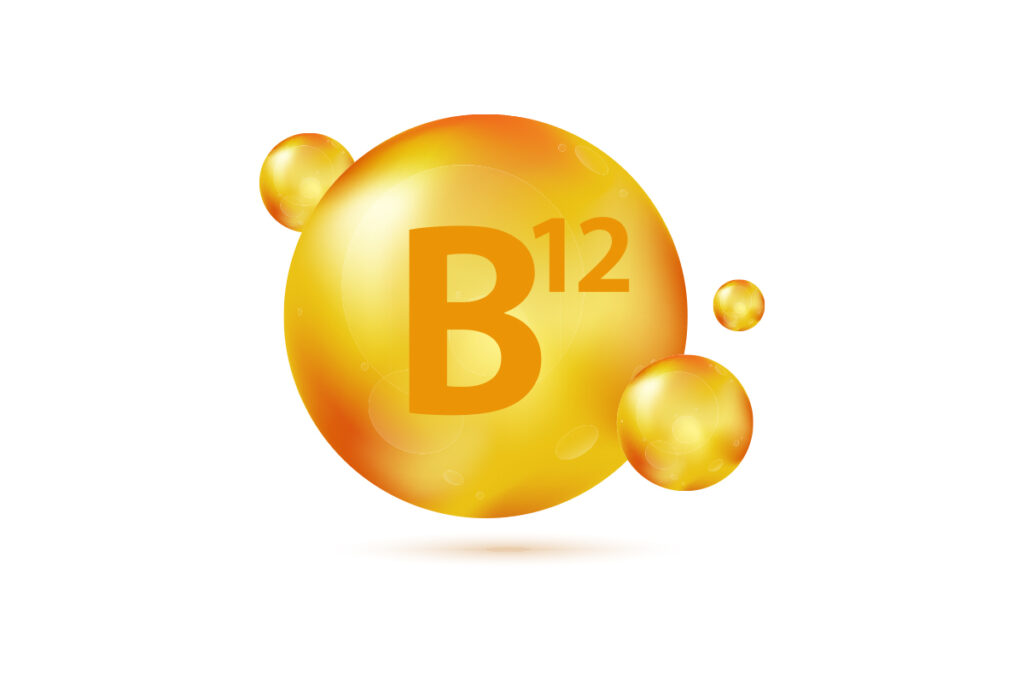Annual Aging Well Section
Women dealing with menopausal symptoms may be candidates for hormone replacement therapy.
Understanding Menopause
Menopause marks the end of a woman’s menstrual cycle. Symptoms such as irregular periods and night sweats can begin in the years leading up to menopause during a time called perimenopause. The average age of menopause in the United States is 51, with symptoms typically lasting for seven to nine years, although the duration is longer for some women. For some, these symptoms are mild, but for others, they can significantly impact quality of life. When symptoms do not improve with lifestyle changes, prescription therapies can offer relief.
Hormone Replacement Therapy
During menopause, the absence of estrogen, progesterone, and testosterone commonly cause hot flashes, night sweats, mood swings, brain fog, and sexual dysfunction.

Prescribed doses of these hormones, known as hormone replacement therapy (HRT), are the most effective treatment for these symptoms. There are a variety of ways to absorb these medications depending on the needs of the patient and the severity of symptoms. Hormone replacement can be delivered through a daily pill, topical patch, gel, cream, spray, or vaginal ring. It takes eight to 12 weeks to take full effect, and treatment duration is determined by the duration of a woman’s symptoms.
Benefits and Risks
Successful treatment using HRT can resolve vasomotor symptoms, improve sleep quality, sexual relations, and overall quality of life. It also offers additional benefits, such as preserving bone density.
Like with all treatments, HRT poses potential risks. Medical organizations agree that these therapies have an important role in managing symptoms for healthy women who have recently transitioned into menopause. Treatment plans are structured to mitigate risk and research shows that adverse side effects are uncommon. According to the North American Menopause Society, HRT “is associated with fewer than two harmful events per 1,000 women per year,” which translates to less than 0.2%.
Outlook
If you are struggling with these symptoms and need help managing them, meet with your healthcare provider to discuss whether HRT or non-hormonal treatment is the best option for you. Every woman is different, so HRT will involve an individualized treatment plan with a dosage, duration, and form of treatment agreed upon by you and your provider.





